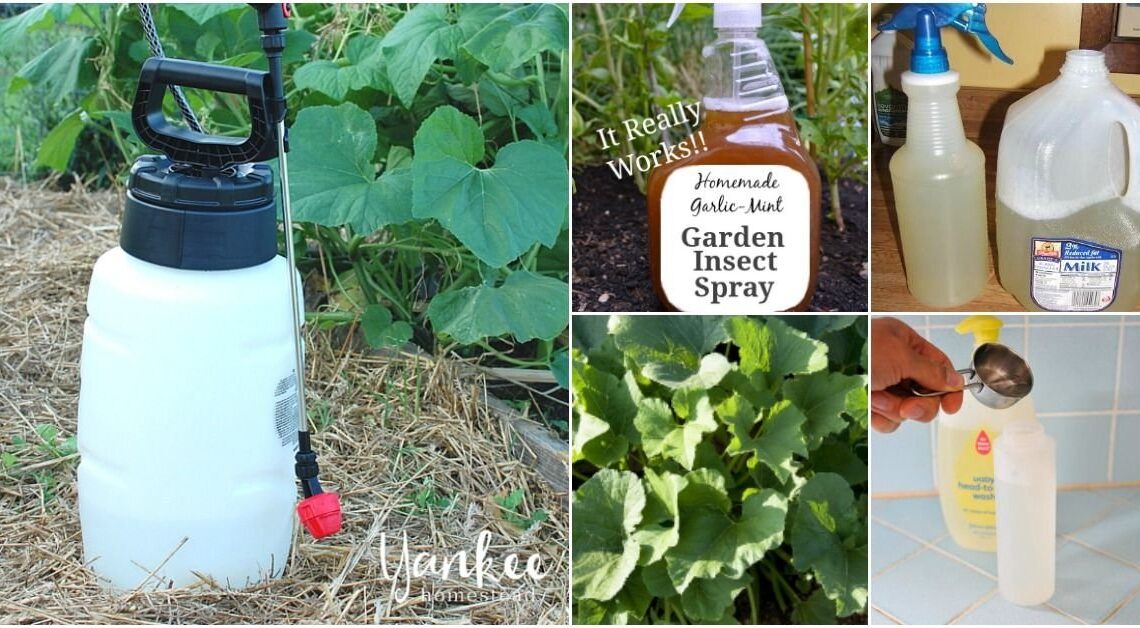If you’re a gardener looking to protect your plants from pests, but you want to avoid harmful chemicals, you’re in luck There are many **natural ingredients** that you can use to create **homemade insecticides** that are both effective and eco-friendly. These homemade remedies are safe for your plants, pets, and the environment while still providing powerful protection against garden pests.
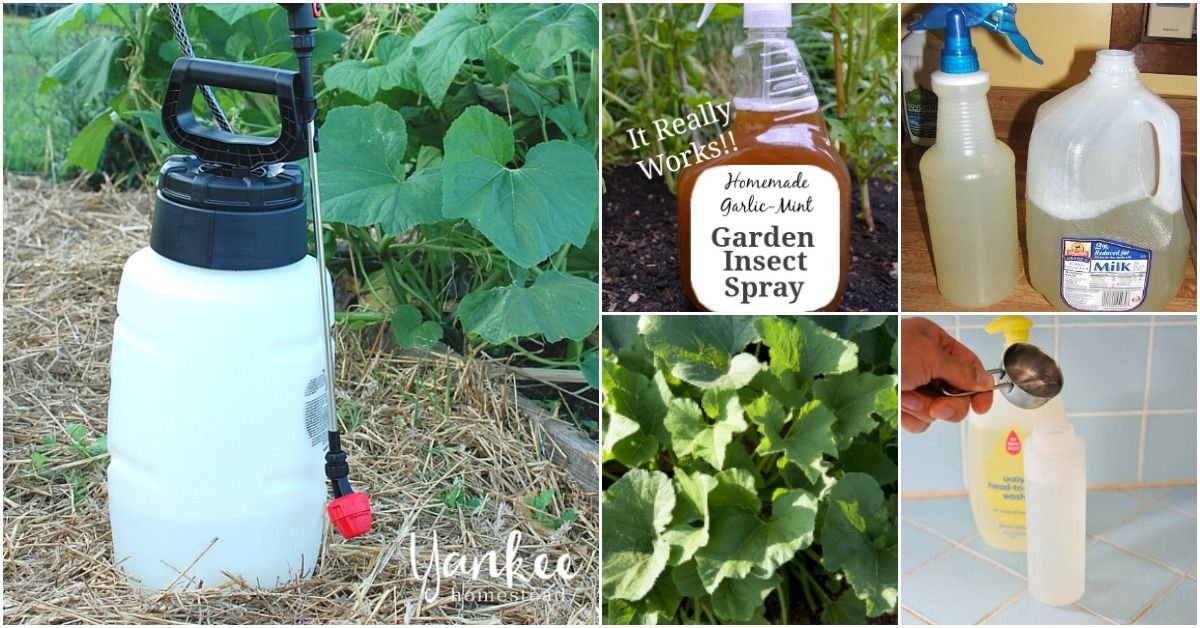
Here are **8 easy and effective homemade insecticide recipes** that you can make with common, natural ingredients to protect your garden without resorting to chemicals.
### **1. Garlic Insecticide: A Powerful Natural Repellent**
Garlic is a natural **insect repellent** and boasts **antibacterial** and **antifungal properties** that make it a great choice for pest control.
**Recipe**:
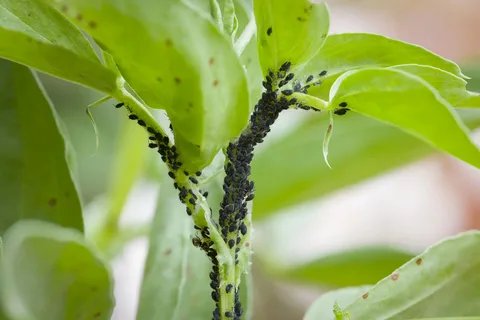
– Crush **3 cloves of garlic** and mix them with **1 liter of water**.
– Let the mixture sit for a few hours or overnight to allow the garlic’s properties to infuse.
– Strain the mixture and add **1 teaspoon of neutral soap** (like dish soap) to increase effectiveness.
– Spray the mixture on affected plants, especially on the **underside of leaves**, where pests often hide.
**Why it works**: Garlic’s pungent odor repels insects like aphids, mealybugs, and mosquitoes.
### **2. Potassium Soap (or Castile Soap) Insecticide: Gentle Yet Effective**
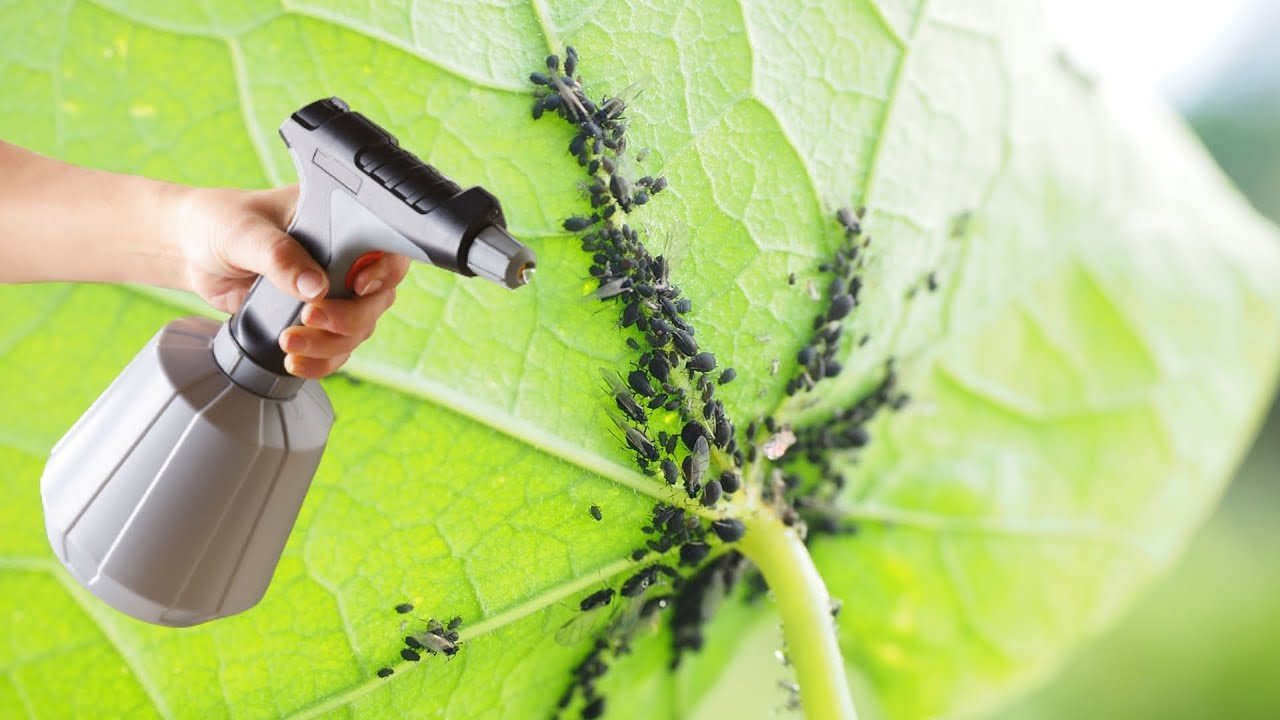
Potassium soap or **Castile soap** is a safe and gentle way to eliminate pests such as **aphids**, **mealybugs**, and **mites**. It’s non-toxic and won’t harm beneficial insects.
**Recipe**:
– Mix **1 tablespoon of liquid Castile soap** or **potassium soap** with **1 liter of water**.
– Spray the mixture on the affected plants, making sure to cover the **leaves, stems, and roots** if possible.
– The soap dissolves the membranes of the insects, eliminating them without damaging your plants.
**Why it works**: The soap **breaks down insect cell membranes**, suffocating the pests and preventing further damage to your plants.
### **3. Chili and Pepper Insecticide: A Spicy Solution**
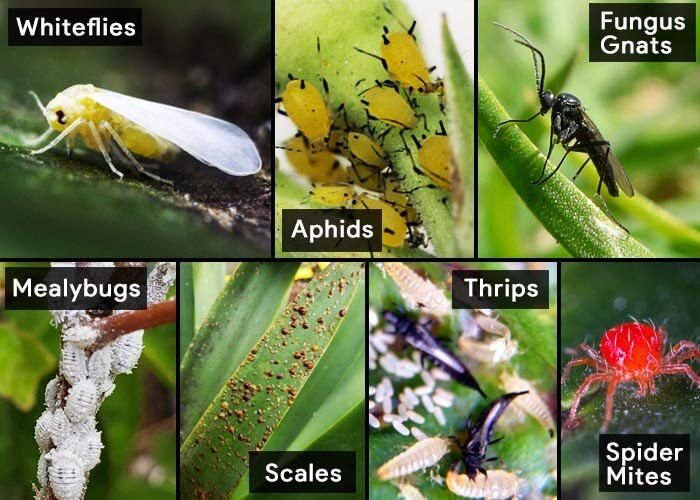
Chili powder and red pepper are excellent natural insect repellents that can drive pests away due to their **spicy properties**.
**Recipe**:
– Mix **1 tablespoon of chili powder** or **red pepper** with **1 liter of hot water**.
– Let the mixture rest for a few hours and strain it.
– Add **1 teaspoon of neutral soap** so that the mixture adheres better to the plants.
– Spray the solution on the plants, especially on areas where pests are found.
**Why it works**: The spiciness of the chili and pepper **irritates insects**, causing them to leave the plants.
### **4. Neem Oil Insecticide: A Multi-Purpose Natural Treatment**
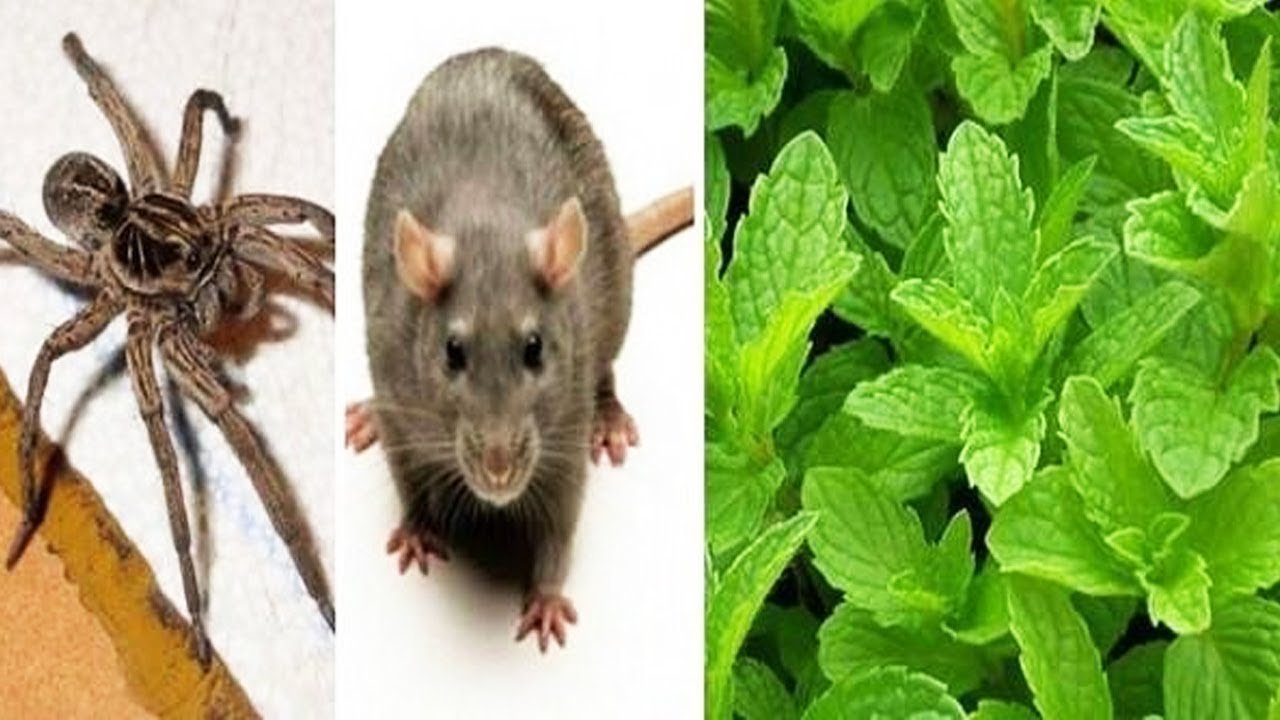
**Neem oil** is a well-known natural insecticide that works against a wide range of pests, including **mites**, **aphids**, **whiteflies**, and **mealybugs**. It also has **fungicidal properties**, making it a great all-in-one solution.
**Recipe**:
– Mix **2 teaspoons of neem oil** with **1 liter of water** and **1 teaspoon of neutral soap**.
– Spray it on the affected plants, ensuring you cover both **the top and bottom of leaves**.
**Why it works**: Neem oil disrupts the reproductive system of pests, preventing them from feeding and reproducing.
### **5. Alcohol Insecticide (Isopropyl Alcohol): A Quick Fix for Persistent Pests**
Isopropyl alcohol is highly effective against persistent pests such as **scale insects** and **mites**. It works by **drying out the insects and their eggs**.
**Recipe**:
– Mix **1 part isopropyl alcohol (70%)** with **1 part water**.
– Spray it directly on visible pests, but first, test a small area on the plant to ensure it doesn’t cause damage.
– Use this treatment sparingly, as it can be harsh on plants if overused.
**Why it works**: The alcohol **dries out pests**, killing them on contact while not harming the plant itself.
### **6. Citrus Peel Insecticide: A Zesty Pest Repellent**
Citrus peels (like lemon, lime, or orange peels) contain essential oils that naturally repel insects such as **aphids** and **whiteflies**.
**Recipe**:
– Place **4-5 citrus peels** (from oranges or lemons) in **1 liter of hot water**.
– Let the mixture sit for **24 hours**, then strain it.
– Spray the liquid on your plants.
**Why it works**: The essential oils in citrus are **strong repellents**, deterring pests without harming the plants.
### **7. Mint and Rosemary Insecticide: Herb Power for Pest Control**
Mint and **rosemary** are herbs known for their ability to repel a wide range of pests, including **mosquitoes**, **aphids**, and **spider mites**.
**Recipe**:
– Boil a handful of **mint** and **rosemary** leaves in **1 liter of water** for **10-15 minutes**.
– Let the mixture cool and strain it.
– Spray the solution on plants.
**Why it works**: The **strong scents** of mint and rosemary confuse pests, making it hard for them to find your plants.
### **8. Vinegar and Water Insecticide: A Simple Solution**
White vinegar is an excellent natural insecticide that works against pests such as **ants**, **mosquitoes**, and **aphids**.
**Recipe**:
– Mix **1 part white vinegar** with **3 parts water**.
– Spray it on the leaves and stems of affected plants.
– Use this solution sparingly, as vinegar can affect the **soil pH** if over-applied.
**Why it works**: Vinegar’s **acidity** repels pests while acting as a mild disinfectant for your plants.
### **Final Thoughts: Eco-Friendly Pest Control for a Healthy Garden**
Homemade insecticides made from natural ingredients are an effective and eco-friendly way to protect your plants from pests. By using ingredients like **garlic**, **neem oil**, **citrus peels**, and **herbs**, you can create safe, chemical-free solutions that will keep your plants healthy and thriving.
Whether you’re dealing with aphids, mealybugs, or stubborn pests, these natural insecticides offer a sustainable way to **maintain a pest-free garden**. So, roll up your sleeves, grab your ingredients, and start making your own **homemade insecticides** to keep your plants happy and healthy
